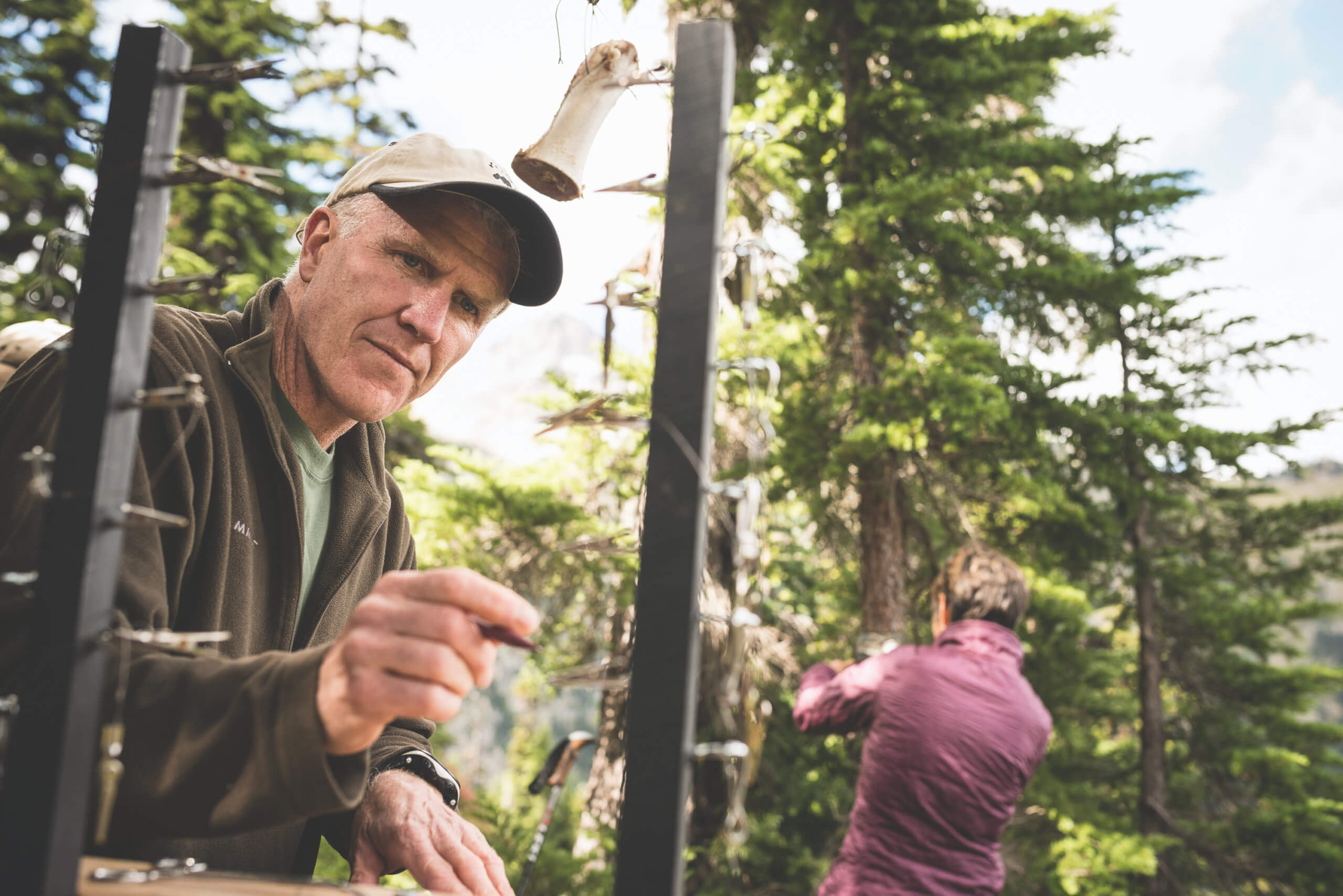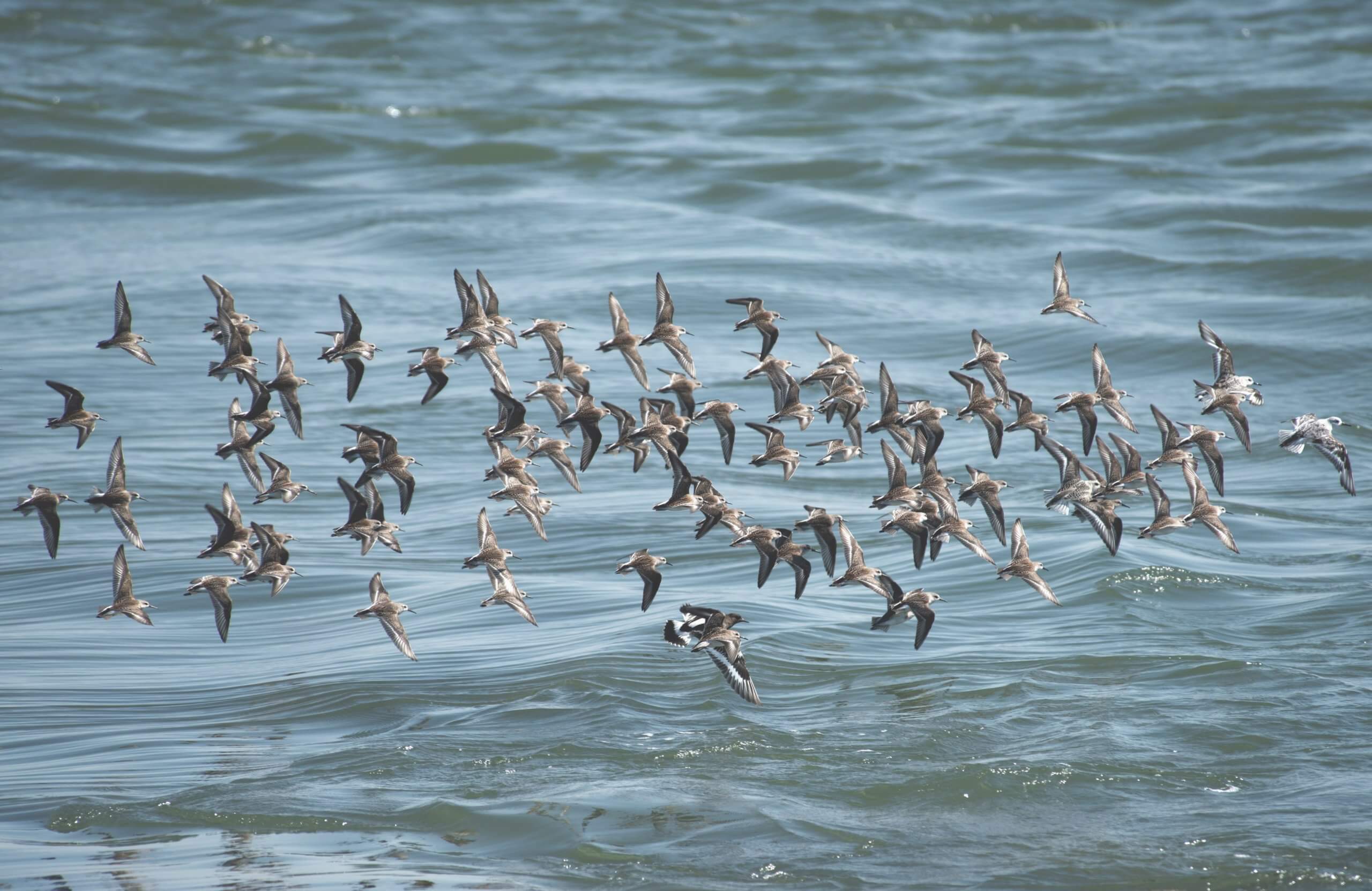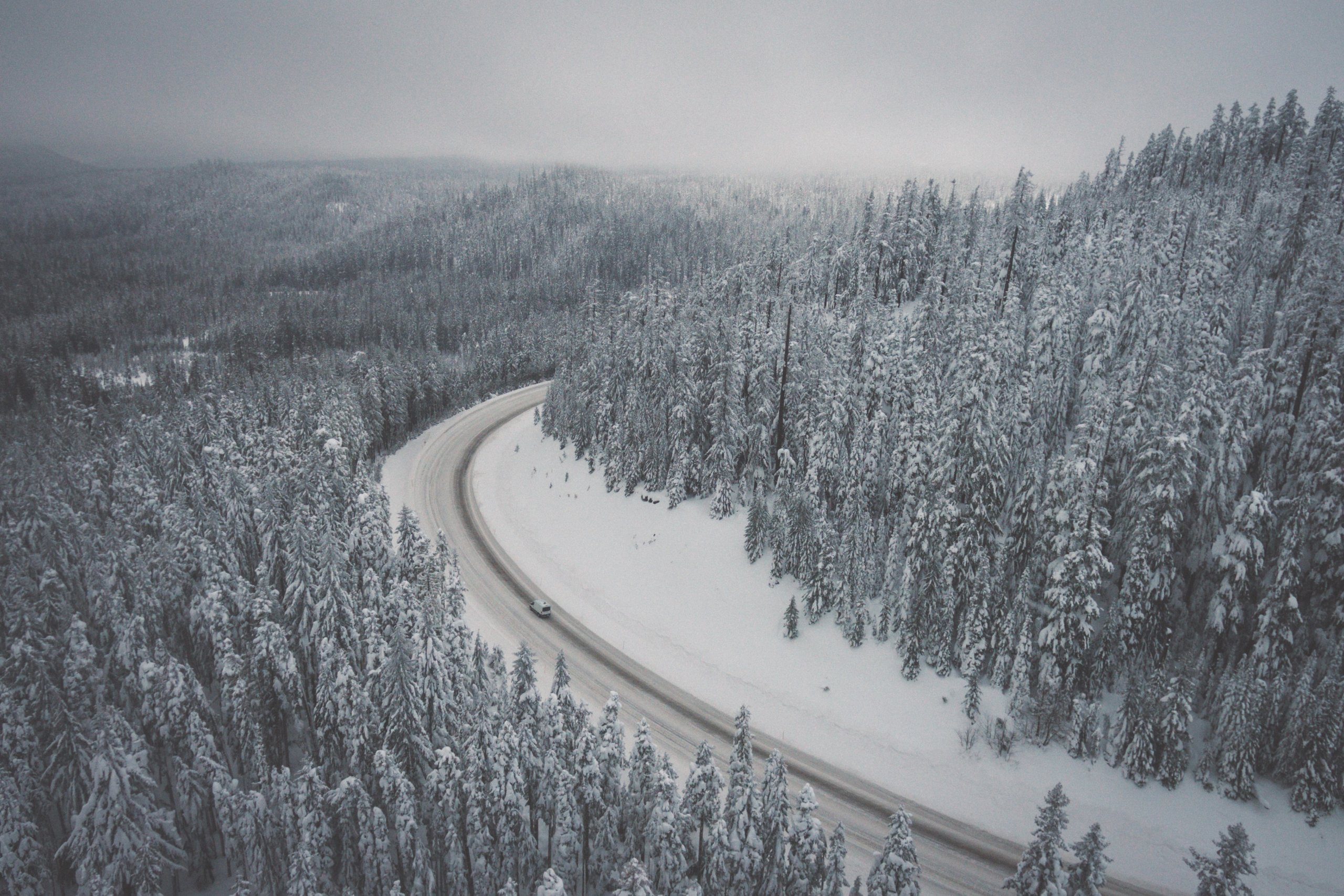By Erica Goldman. Published August 18, 2014.
Categories: Communication, About COMPASS
Tags: collaboration, community, conference, connection, IMCC, Message Box, more resources, passion, practice, story, workshop
As we sat in an unadorned classroom at the University of Glasgow, Kyle Gillespie helped us hear the sea at night, the sounds of clacking crabs and whistling worms, amplified by the sudden darkness after a broken dive light left him sightless in 20 feet of water and revealed to him a powerful way to understand the relative health of marine systems. Delphine Rocklin transported us through a fish’s life cycle beginning in a port in North Africa and moving through the Mediterranean Sea, showing us why it is so important to consider connectivity when we manage fisheries. And Skye Augustine introduced us to her community, the children and elders of Stz’uminus Nation in the Salish Sea, as she helped them embark on a path of discovery to connect their ancient methods of resource management to an uncertain but hopeful future.
These are just a few scenes from stories that scientists worked to craft at a two-day storytelling workshop before the start of the third International Marine Conservation Congress (IMCC3). This workshop was a collaborative effort between Stephanie Green, a Smith Fellow at Oregon State University (OSU), Kirsten Grorud-Colvert, also at OSU and with PISCO (the Partnership for Interdisciplinary Studies of Coastal Oceans), and COMPASS. Our scientist storytellers hailed from all over the world, France, Spain, Germany, Australia, Colombia, Canada, and the United States. They also spanned a range of career stages, from Ph.D. candidate to senior scientist. But this diverse group was united in their effort to embrace a challenge and learn new ways to communicate their science.
Our storytellers practicing in the hallway at the University of Glasgow.
Sharing story craft with scientists is a passion of mine. I’ve written about it before for the COMPASS blog here and here. Stories are such a powerful way to connect; they are a universal currency of communication that helps us connect our past with our present, and look into the future. And scientists on the front lines, witnessing the world as it changes have powerful stories to tell, stories that can move audiences toward solutions to challenging problems.
I was so fortunate to work with equally passionate collaborators to develop and help lead this two-day workshop. Together, we shared our collective enthusiasm for story craft and storytelling, helping participants distill the “so what” of their science through the Message Box and tease out from their work the elements of story: scene, time, character, conflict and resolution. We also shared material about how audiences receive information, challenging the participants to shake up how they approach talking about their science.
Over two days, the intrepid scientists at our workshop stepped into their discomfort zone, wrestling to learn the elements of story craft and apply them. Storytelling is big shift from the way scientific work is usually shared… and it was challenging. But this group embraced an intense period of training, feedback, and practice, a triad of experience that helped cement their new skill set. Finally, they took to the big stage of the Scottish Exhibition and Conference Centre’s Lomond Auditorium to tell their stories for the IMCC delegation.
Telling stories of science and conservation at IMCC3.
As each participant rose to approach the microphone, Stephanie, Kirsten and I watched with anticipation, and pride. Just a few days before, these scientists wouldn’t have pictured themselves taking the stage with such confidence. Now, they were poised and animated, weaving in rich, new details of character and scene that made it clear how much they’d practiced since the workshop ended. And as the audience’s applause rang in, rewarding their efforts, we had a hunch that Saturday’s live event was just the first step in their storytelling journey.
***
If you want to develop skills in “storytelling” your science, here are a few places to begin:
Listen and read. Stories are everywhere and just by observing you can start to develop a sense for story craft. For starters, read fiction with an eye to what really affects you in a story. Listen to weekly science story podcasts like Story Collider, or NPR’s Radio Lab, or general storytelling podcasts like NPR’s Story Corps to get an idea of how others approach it. Attend (or even participate in) local events. Many cities have live storytelling events, such as The Moth or SpeakEasyDC.
Seek training. Seek out training opportunities. Ask for more workshops and trainings at scientific conferences, science festivals, and at your home institutions and organizations. Keep your eyes open for activities on your campus. For example, scientist-turned-film maker Randy Olson often makes the rounds at universities. Organizations like COMPASS and the Alan Alda Center for Communicating Science offer trainings and workshops for scientists on communication, which can include components on storytelling.
Practice. Challenge yourself to integrate an anecdote, set a scene, or use more evocative and descriptive language in your talks at a conference, or in your teaching or lab meetings. When you are ready for more, consider participating in something like Fame Lab, an international competition hosted in 23 different countries, that showcases and champions effective science communication. Our scientist storyteller Delphine Rocklin was semi-finalist in Spain’s 2014 competition.



